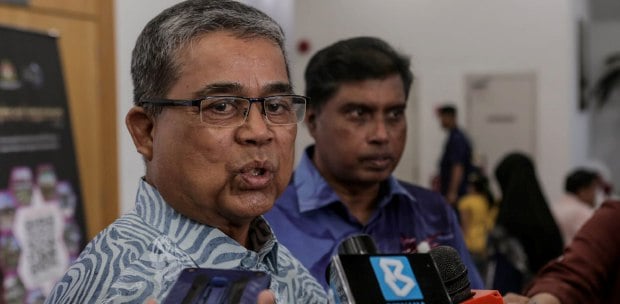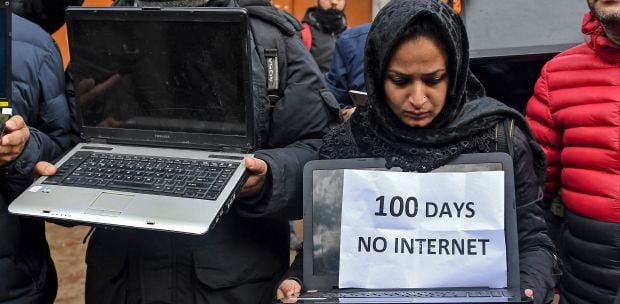IS the only state in the federation — Sarawak — that does not have an official religion also the most secular part of the country?
This is pertinent with the latest issue to have cropped up about how Christmas is to be portrayed over state-owned TV Sarawak (TVS) as it produces a Christmas-themed musical programme.
Controversy apparently centred around whether a Christmas hymn, O Holy Night, should be part of the repertoire as recommended by the Association of Churches in Sarawak, in place of the chosen Jingle Bell Rock.
The churches had their reasons for the request. Jingle Bell Rock, like so many things about Christmas nowadays, is a heavily commercialised, if popular, Christmas-related theme song.
Jingle Bell Rock most appropriately belongs in such thoroughly secular platforms as shopping malls and even commercial radio stations and the churches will probably not object to this although their unhappiness about the over-commercialisation of what is, after all, a religious celebration is well-known and not new.
O Holy Night, on the other hand, most definitely is fitting in a church setting because of its religiously reverential tone. That said, it is debatable whether it is appropriate for a Christmas programme in TVS.
Did TVS needlessly bring this "headache" upon itself by seeking the involvement of the churches in the programme in the first place, an invitation subsequently rebuffed following the flap over which Christmas songs to be aired?
TVS putting together a Christmas-themed programme, as it surely does with festival-appropriate programming for Gawai Dayak, Hari Raya Aidilfitri or Chinese New Year, to reflect Sarawak in all its multi-cultural diversity is certainly appropriate and welcome.
Celebrations like Christmas or Hari Raya Aidilfitri may prove to be somewhat tricky owing to the fact they are religious festivals and therefore subject to potentially controversies no matter what is done or not done by outfits such as TVS, a public media outlet.
All the more reason that Sarawak authorities should come out with guidelines precisely to avoid such potentially sensitive religious pitfalls.
There was obviously some attempt to seek cover by citing federal guidelines on such matters, an attempt which fell flat because TVS is entirely a Sarawak outfit and specifically created to propagate the very idea of Sarawak's uniqueness.
In any case, the federal minister in charge very swiftly washed his ministry's hands off any attempt to cite federal guidelines for TVS' decision on the Christmas programming.
Policy guidelines befitting Sarawak's secular status need not go to the ridiculous extent in some Western countries where the wearing of the crucifix or the hijab is banned in government buildings.
Whatever, such guidelines must be consistent and seen to be fairly applied across all religions to avoid divisive charges of any double standards.
Such policy pitfalls may be inevitable and sometimes unavoidable in any multi-cultural setting, and especially one as diverse as Sarawak's. But ways to ameliorate them must be explored and implemented.
I find it particularly sad that despite Sarawak taking every and any opportunity to celebrate its unique diversity, that diversity is very much lacking in state institutions, state-owned entities and the official bureaucracy, most especially at executive levels.
Some attempts have been made to address this problem but the results may be more problematic than the "disease" over the longer term.
What has become more apparent in recent years is the fact that diversity in hiring to staff these state offices and departments is not so much across the board.
Rather, a somewhat disturbing trend has become evident. Key decision-makers of a particular ethnic background in various offices will tend to staff their own establishments with those of the same ethnic background.
The end-result remains a most unhealthy lack of diversity within many state offices.
Fortunately, the TVS flap is now resolved with O Holy Night included following intervention from the top state leadership.
The writer views developments in the nation, region and wider world from his vantage point in Kuching






